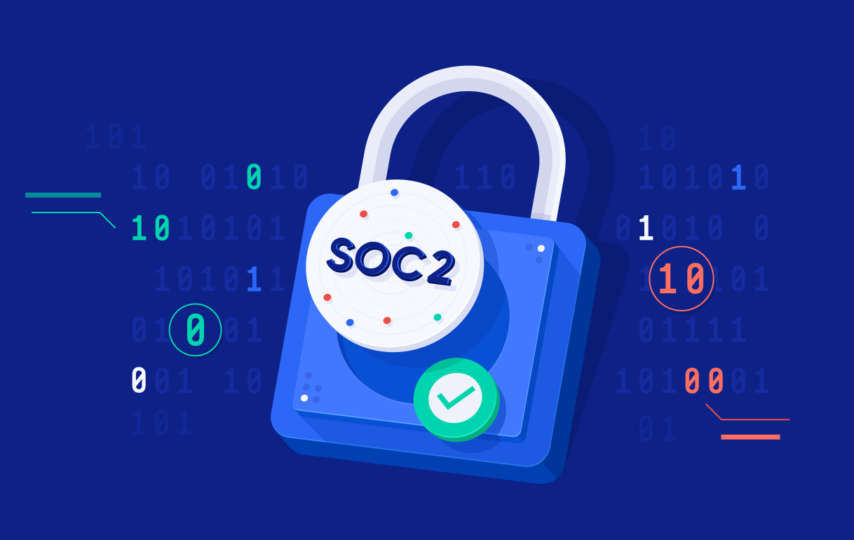If you’re a business owner, then you’ve probably heard of SOC 2. But what are the SOC 2 requirements? And more importantly, do your business processes meet these requirements? In this blog post, we will discuss what SOC 2 is and outline the specific requirements that businesses must meet in order to be compliant. Keep reading to learn more!
What is SOC 2 Compliance?
SOC 2 compliance is a set of industry standards for information security created by the American Institute of Certified Public Accountants (AICPA). SOC means “System and Organization Controls,” and SOC 2 is specifically meant to address risks related to customer data. SOC 2 software helps organizations meet these requirements by providing automated support and privacy. SOC 2 also requires organizations to regularly monitor processes and maintain records of their efforts.
SOC 2 Requirements
The SOC 2 requirements are divided into five categories: Availability, Confidentiality, Security, Processing Integrity, and Privacy.
Security:
Organizations must have appropriate measures in place to protect customer data and ensure information is secure. This includes the use of firewalls, antivirus software, encryption and user authentication methods.
Availability:
All systems must be monitored and maintained in order to ensure that customers can access their data when needed. Organizations must also have backups and disaster recovery procedures in place.
Processing Integrity:
All customer data must be accurate and up-to-date. Organizations must have measures in place to identify, detect and correct any errors or irregularities.
Confidentiality:
All customer data must remain confidential, and organizations must ensure that only authorized individuals are able to access this information.
Privacy:
Organizations need to have a privacy policy in place and must be transparent about how customer data is being used.
These SOC 2 requirements serve as a guideline for organizations to ensure their processes are secure and efficient. SOC 2 also requires organizations to regularly monitor processes and maintain records of their efforts. With SOC 2 compliance, businesses can ensure that their customer data is secure and that their operations are running smoothly.
What are the AICPA Points of Focus?
Beyond the SOC 2 requirements, organizations must also meet certain points of focus as outlined by the AICPA. The six points of focus are: risk assessment, monitoring activities, information technology, data security controls, communication and customer service.
Risk Assessment:
Organizations must assess their risks regularly in order to ensure that their processes are secure. This includes identifying vulnerabilities and coming up with solutions for any potential threats.
Monitoring Activities:
Businesses need to have an active system in place to monitor processes and detect any irregularities or errors. This is essential for SOC 2 compliance as it ensures that customer data remains secure and accurate.
Information Technology:
Companies must have systems in place that protect customer data from unauthorized access. This includes using firewalls, antivirus software and encryption technologies.
Data Security Controls:
Organizations must have specific procedures in place to protect customer data from unauthorized access or manipulation. This includes controlling user access, encrypting files and regularly updating security protocols.
Communication:
SOC 2 compliance requires companies to communicate their security policies and procedures to all relevant personnel. This helps ensure that everyone is aware of the risks associated with customer data and understands how they can help maintain a secure environment.
Customer Service:
SOC 2 also requires organizations to provide clear information about their privacy policy in order to inform customers of how their data is being used. Companies should also strive to keep customers informed of any changes made to their security processes.
The Bottom Line
The SOC 2 requirements and AICPA points of focus provide organizations with a framework for protecting customer data and ensuring information is secure. Given the importance of data security and privacy, SOC 2 compliance is an essential part of any organization’s operations.





